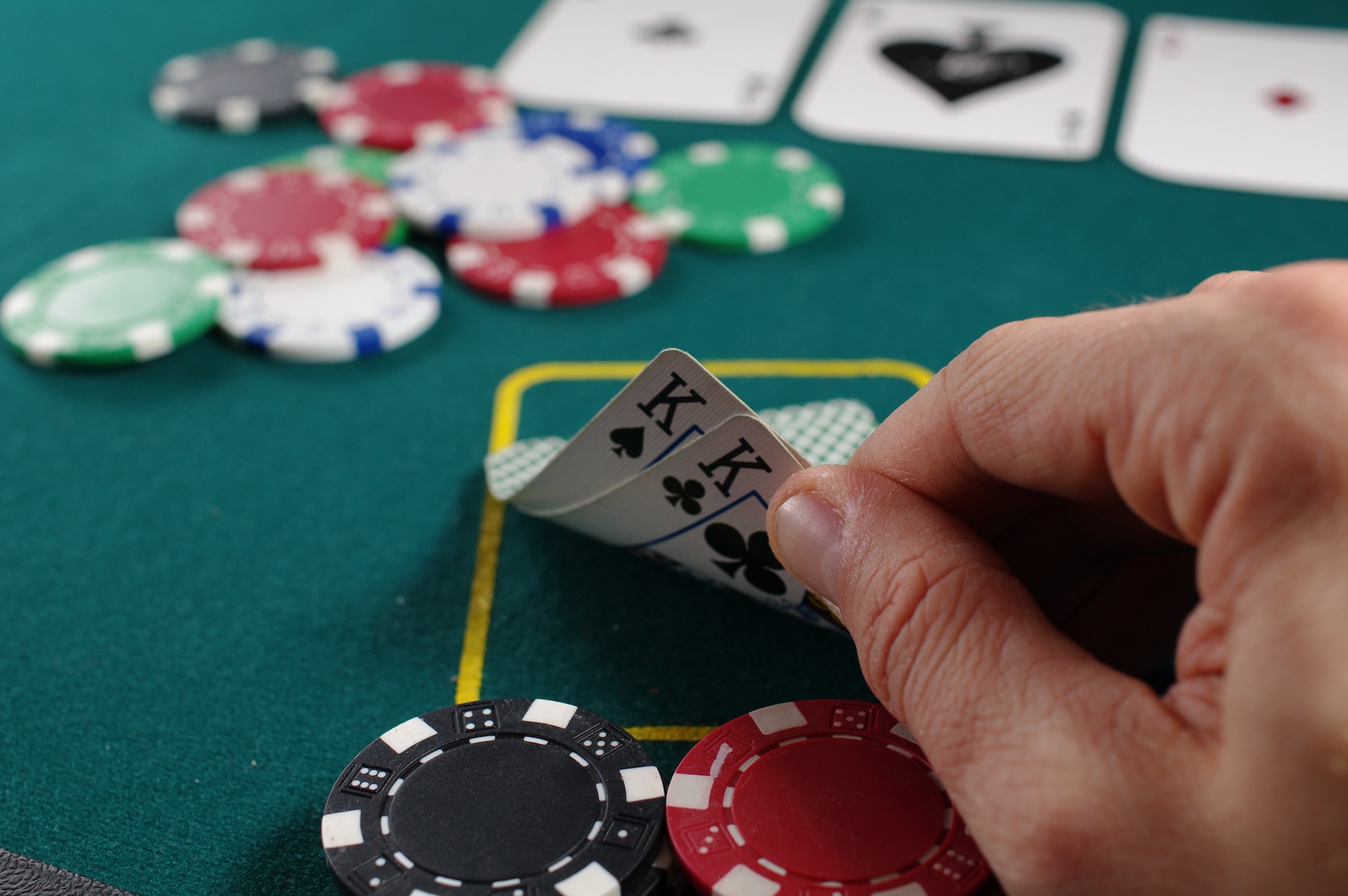Gambling has been a part of human society for centuries, and it continues to be a popular activity around the world. While many people gamble purely for entertainment or the chance to win money, a growing body of research suggests deeper psychological factors at play.
In this blog post, we will explore the psychology of gambling and try to understand the mind of a gambler.
The Thrill of the Game
One of the primary reasons people gamble is the excitement and thrill of playing games of chance. The unpredictability of gambling creates a sense of anticipation and excitement that can be incredibly rewarding, even if the player ultimately loses.
This thrill is amplified by the potential for winning large sums of money. The prospect of hitting the jackpot can be incredibly alluring, and many people are willing to take significant risks to achieve it.
The Role of Emotions
Emotions also play a significant role in gambling behavior. For many people, gambling is a way to escape negative emotions or situations in their lives. Gambling provides a temporary distraction from stress, anxiety, or depression and can create a sense of excitement and pleasure.
However, emotions can also lead people to make impulsive decisions and take unnecessary risks. The desire to win can override rational thinking and lead to problematic behavior.
The Illusion of Control
Another psychological factor that can influence gambling behavior is the illusion of control. Many people believe that they can control the outcome of a game or influence their chances of winning through their actions or strategies.
While there may be some truth to this in games that involve skill, such as poker or blackjack, most casino games are entirely based on chance. The illusion of control can lead people to overestimate their abilities and take unnecessary risks, leading to significant losses.
The Lure of Big Payouts
Of course, the potential for big payouts is also a major factor in the psychology of gambling. The possibility of winning a life-changing sum of money is enough to tempt even the most risk-averse individual. The allure of a big payout can be so strong that it can override any concerns about the risks involved.
The Impact of Social Factors
It’s important to note that gambling is not just an individual activity; it’s also influenced by social factors. For example, a person’s social circle may encourage or discourage gambling behavior.
If a person’s friends and family members are all avid gamblers, it can be difficult to resist the pressure to join in. Similarly, if a person is surrounded by individuals who view gambling as a negative behavior, they may be less likely to participate.
The Role of Cognitive Biases
Finally, it’s worth mentioning the role of cognitive biases in the psychology of gambling. Cognitive biases are patterns of thinking that can lead us to make irrational decisions. In the context of gambling, these biases can cause people to overestimate their chances of winning, to ignore the risks involved, and underestimate the impact of losses. These biases can be difficult to overcome, even for individuals who are aware of them.
The Role of Addiction
Like any other behavior that provides pleasure, gambling can become addictive. For some people, the excitement and thrill of gambling can be so intense that it becomes difficult to resist the urge to gamble, even when it is causing significant problems in their lives.
Addiction is a complex issue that can have many underlying causes, including genetic, environmental, and psychological factors. However, gambling addiction is often characterized by a compulsive need to gamble despite negative consequences, such as financial losses, relationship problems, or legal issues.
Understanding the Risks of Gambling
While gambling can be a fun and exciting activity, it is important to understand the risks involved. Gambling can lead to significant financial losses and problems with relationships, mental health, and legal issues.
If you or someone you know is struggling with problem gambling, there are resources available to help. Many organizations, such as Gamblers Anonymous and the National Council on Problem Gambling, offer support and treatment options for those struggling with addiction.
Conclusion
The psychology of gambling is a complex and fascinating topic that has been the subject of much research and discussion. While there are many factors that can influence gambling behavior, including emotions, the thrill of the game, and the illusion of control, it is essential to understand the risks involved.
By understanding the psychology of gambling and the potential for addiction, we can make informed decisions about our own gambling behavior and take steps to prevent or address problematic behavior. Whether you gamble for fun or profit, it is important to approach the activity with caution and awareness.
